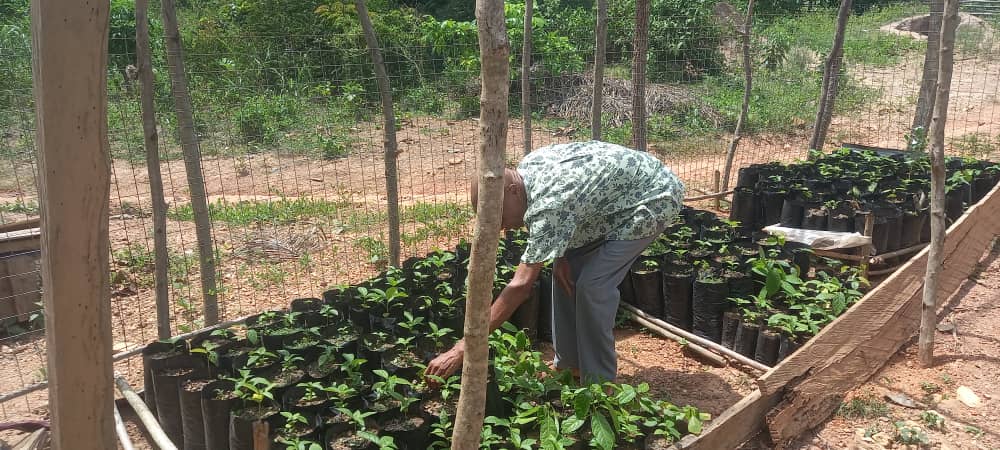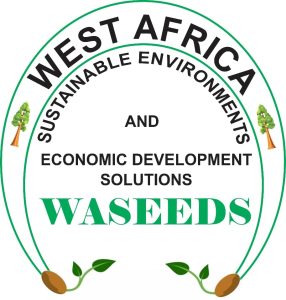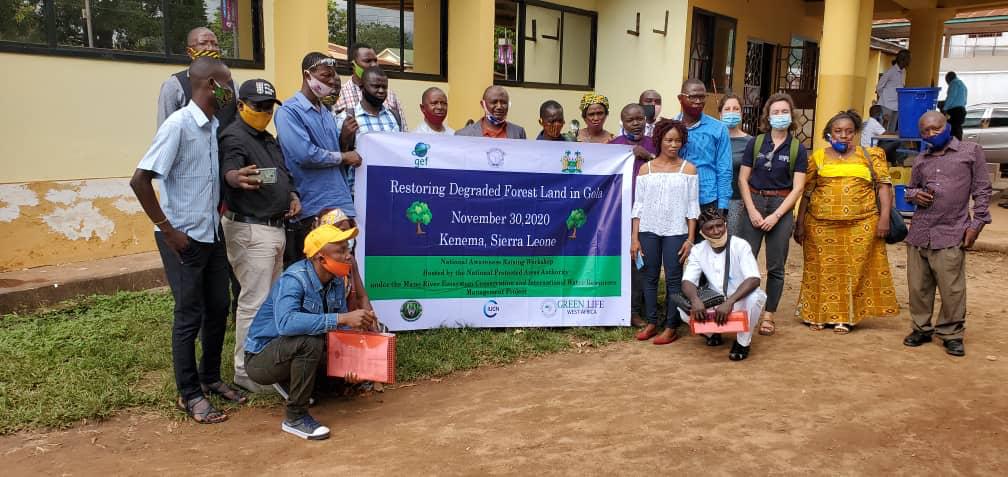Under the Global Environment Facility (GEF 8), the United Nations Development Program (UNDP) has awarded a small grant to a consortium comprising the Accelerated Rural Development Organization (ARDO) and West Africa Sustainable Environments and Economic Development Solutions (WASEEDS) for the implementation of a project to identify and restore sacred groves, and provide livelihood support to traditional health practitioners and women smallholder farmers in the Weto Socio-Ecological Landscape. WASEEDS is the Ghana branch of GREENLIFE West Africa.

The project entitled: ‘Restoring Sacred Groves within the Afadzato South Landscape as Other Effective Area-based Conservation Measures (OECM) for Biodiversity Conservation,’ will document and characterize the sacred groves along the Afadzato South socio-ecological production landscape. The project will also restore the degraded portions of the groves through enrichment planting, natural regeneration, and prevention of wildfires. The project aims to enhance the capacity of Traditional Health Practitioners (THP) in processing, packaging, and certifying their traditional medicine.

WASEEDS and ARDO will focus on strengthening local capacities to generate income, practice sustainable natural resource management and biodiversity conservation, advocate for their rights especially vulnerable women, children, and other marginalized groups in society towards poverty alleviation.
The Weto Landscape is a mosaic forest including sacred groves spanning over 350,000 hectares. These land groves serve as a habitat for several plant and animal species. It is also the source of natural herbs that THPs use to prepare medicine for their patients. Most of the sacred groves are under threat of degradation in the Afadzato South Forest Landscape. Chainsaw operators illegally operate in the groves to harvest timber at the cost of other important plant and animal species. In addition, most of the sacred groves are also headwaters of the numerous streams in the area. Thus, their degradation is a threat to water security within the landscape.

The Weto Socio-Ecological landscape forms the southeastern part of the Togo-Atakora Range, a belt of ridges and hills beginning southwest of Accra and extending northeast into Togo and Benin. Being part of the Upper Guinea Forest of West Africa, the landscape is identified as an important biodiversity hotspot, as it contains at least 1,500 species of vascular plants (> 0.5 percent of the world’s total) as endemics. In addition to its rich endemic flora, it has rich wildlife including birds, bats, rodents, monkeys, water buck, and butterflies. Unfortunately, over the last few decades, the Weto Landscape has lost at least 70 percent of its original habitat” (Conservation International, 2000).

Through the partnership between ARDO and WASEEDS, and thanks to the UNDP-GEF 8 funding, there is hope for the restoration and sustainable management of the Weto Landscape. The small grant is valued at $30,000 USD and will be implemented for 18 months starting in April 2024. The consortium plans to lobby for large grants funded by multiple donors.



